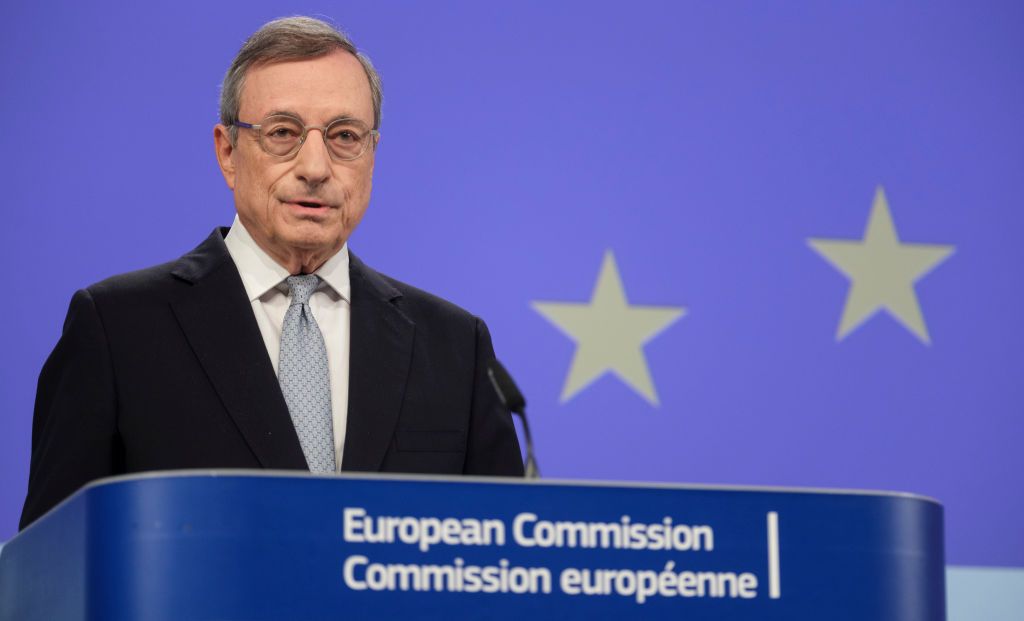The energy regulator Ofgem has announced a 1.2% increase in the energy price cap for the first three months of 2025, taking the average household bill to £1,738 – £21 more than what you’re paying under the current price cap.
With the energy price cap having already risen by 10% in October, the increase, while small by comparison, piles more pressure on consumers that had hoped energy prices would fall in the new year.
The increase will see the average household pay an extra £21 for their energy use per year, or £1.75 per month.
Sign up to Money Morning
Don’t miss the latest investment and personal finances news, market analysis, plus money-saving tips with our free twice-daily newsletter
Don’t miss the latest investment and personal finances news, market analysis, plus money-saving tips with our free twice-daily newsletter
Ofgem states that the average household paying by Direct Debit will now pay £1,738 per year under the new pricing. This, it says, is 10% cheaper compared to January-March this year, and 57.2% lower than the £2,321 annualised cost during the energy crisis in the first quarter of 2023.
“While today’s change means the cap has remained relatively stable, we understand that the cost of energy remains a challenge for too many households,” said Tim Jarvis, director general of markets at Ofgem.
“Twenty-one pounds might not seem a lot in the grand scheme of things,” said Danni Hewson, head of financial analysis at AJ Bell, “but the fact the rise in the price cap comes off the back of a chunky October increase and is imposed just as households need to use more power will be tough for some to take.”
Compounding the effect of the hike is the chancellor Rachel Reeves’ decision to cut the Winter Fuel Allowance as one of the first moves of her Labour government. This deprives pensioners of an annual payment worth up to £300, replacing it with a means-tested benefit payment linked to Pension Credit eligibility.
“This year there is no cost of living payment to cushion the impact” of the price cap increase, says Hewson, “and for millions of pensioners there’s also the troubling issue of scrapped winter fuel payments.”
What is the energy price cap?
The energy price cap is set by Ofgem and determines the maximum rate per unit and standing charge that energy companies can bill customers for their energy use in default out-of-contract deals.
The changes that will take effect between the current quarter and the upcoming are outlined below.
| Row 0 – Cell 0 | Energy price cap per unit and standing charge1 October to 31 December 2024 | Energy price cap per unit and standing charge1 January to 31 March 2025 |
| Electricity | 24.50 pence per kWh; 60.99 pence daily standing charge | 24.86 pence per kWh; 60.97 pence daily standing charge |
| Gas | 6.24 pence per kWh; 31.66 pence daily standing charge | 6.34 pence per kWh; 31.65 pence daily standing charge |
These figures are rounded to two decimal places and based on the England, Scotland and Wales average for people who pay by Direct Debit. They include VAT.
The actual rates that you will be charged will depend on your specific circumstances, including where you live, how you pay your bill, and the type of meter you use.
Why do energy prices keep rising?
Gas and electricity prices are driven primarily by wholesale prices in the international markets. Global factors that increase the scarcity or reduce the supply of oil and other energy sources pushes the price of energy up.
The geopolitical backdrop currently adds a great deal of uncertainty into energy supplies.
“Our reliance on volatile international markets – which are affected by factors such as events in Russia and the Middle East – means the cost of energy will continue to fluctuate,” says Jarvis.
“With the prospect that energy costs are unlikely to return to pre-2022 levels, finding a sustainable solution to the UK’s long-term energy situation must remain a priority,” says Hewson.
Can I switch to a cheaper energy tariff?
Ofgem analysis shows that approximately 1.5million households switched tariff over the past three months. The regulator is encouraging consumers to explore the rising choice of energy providers in the market,
“With more tariffs coming into the market, there are ways for customers to bring their bill down so please shop around and look at all the options,” said Jarvis. The cheapest fixed deals currently available could save the typical dual fuel customer £140 compared to the upcoming cap level, or £210 if they are willing to sign up for additional boiler cover service.
He also urges customers that are struggling with their energy bills to “speak to their supplier to make sure they’re getting the help they need.” Ofgem’s rules require energy suppliers to work with their customers to agree an affordable payment plan. They can also help by offering deferred payments, access to hardship funds, and advice on how to reduce their energy consumption.
Ofgem also recommends that customers review the way in which they pay their energy bills. Around five million customers pay through standard credit payments, effectively paying for their energy after it has been used.
However, Ofgem says that customers could save £100 by switching from standard credit payments to Direct Debit payments or smart PPM. These are much cheaper than standard credit payments, particularly during winter.
See our explainer here on 14 other ways to save on your energy bill.




